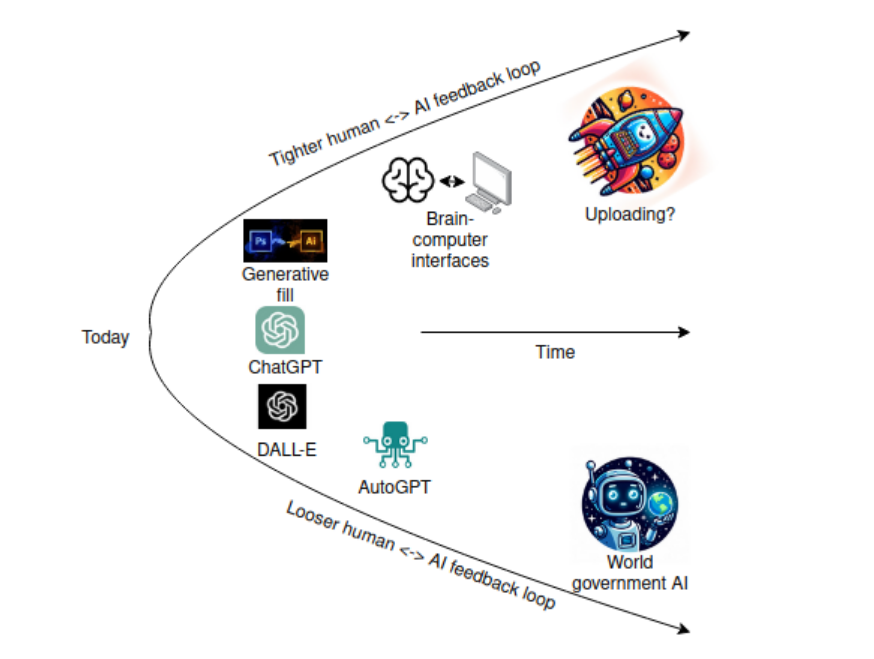Ethereum co-founder Vitalik Buterin has ignited discussions on the potential dominance of super-advanced artificial intelligence (AI) over humanity. Could AI evolve into the apex species on our planet, and what measures can humans take to ensure our continued dominance? Buterin’s insights offer a glimpse into the future, where unchecked AI could pose existential threats.
Read more: Former OpenAI SEO to Lead Microsoft’s Advanced AI Research Team
AI: The Next Apex Species?
Buterin’s recent blog post delves into the notion that AI, if left unregulated, could emerge as the next “apex species” on Earth. Unlike previous inventions like social media or airplanes, AI possesses the unique ability to develop a new form of intelligence that might not align with human interests. The crux lies in how humans choose to shape and control the trajectory of AI development.
Apex predator, in ecology, any flesh-eating animal that has no natural predators or enemies. Apex predators hold the top rank in a plant-herbivore-carnivore food chain and the uppermost position of an ecosystem’s trophic (or energy) pyramid, making them the final destination of energy flow in a given biological community. Some experts acknowledge, however, that in some ecosystems a scavenger(an animal that feeds on the carcasses of dead animals), such as a vulture, could be the apex predator.
Apex Species definition. Source: Britannica
Existential Threat: Beyond Climate Change and Pandemics
The Ethereum co-founder emphasizes the severity of the situation by comparing the risks associated with AI to those of climate change, pandemics, or even nuclear war. According to Buterin, a misaligned superintelligent AI could potentially lead to human extinction, with even the prospect of colonizing Mars offering no escape from its reach.

While acknowledging the extreme nature of his claims, Buterin proposes a solution—integrating brain-computer interfaces (BCI). These interfaces could provide humans with enhanced control over powerful AI-based systems, ensuring a faster and more direct communication loop. This, Buterin argues, would allow humans to retain a “meaningful agency” in decision-making processes involving AI.
The Power of Active Human Intention
Beyond BCIs, Buterin advocates for “active human intention” in steering AI development toward paths beneficial to humanity. He suggests minimizing the offloading of high-level planning responsibilities to AI systems, emphasizing the importance of human involvement in AI decision-making to align with human values.
Vitalik Buterin’s cautionary tale prompts us to consider the implications of unbridled AI development.
More Info:
- Canada’s Concerns on AI-Generated Deepfake Disinformation Campaigns
- Top 8 AI Startups to Watch in 2024
- Copyright in the Age of AI
As discussions on AI ethics intensify, the integration of brain-computer interfaces and the active participation of humans in AI decision-making emerge as potential safeguards. The future relationship between humanity and AI rests on our ability to navigate these technological frontiers responsibly.
Disclaimer: All materials on this site are for informational purposes only. None of the material should be interpreted as investment advice. Please note that despite the nature of much of the material created and hosted on this website, HODL.FM is not a financial reference resource and the opinions of authors and other contributors are their own and should not be taken as financial advice. If you require advice of this sort, HODL.FM strongly recommends contacting a qualified industry professional.




